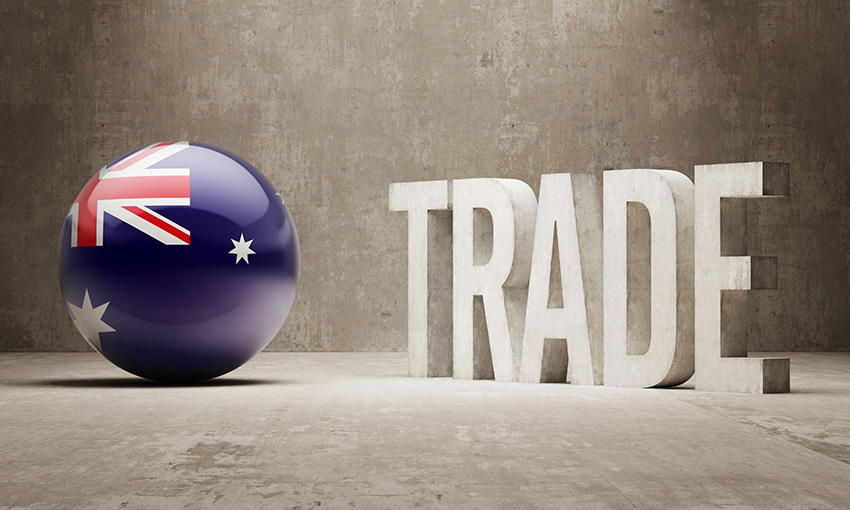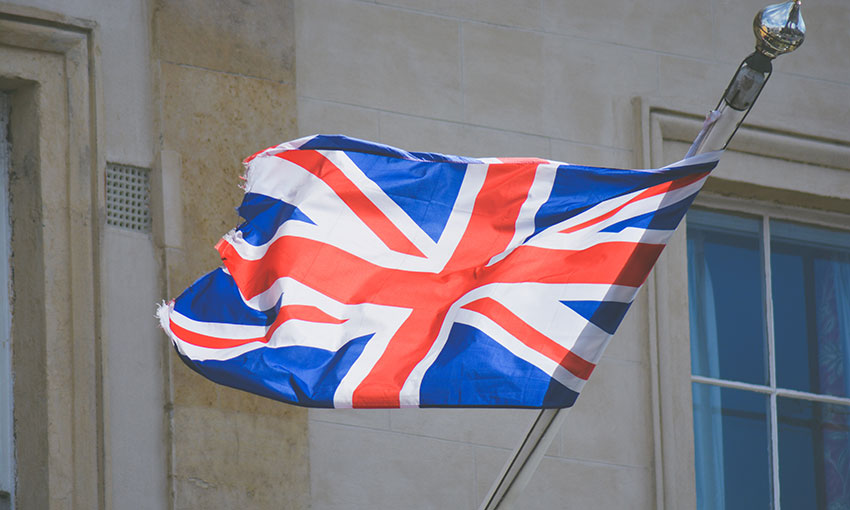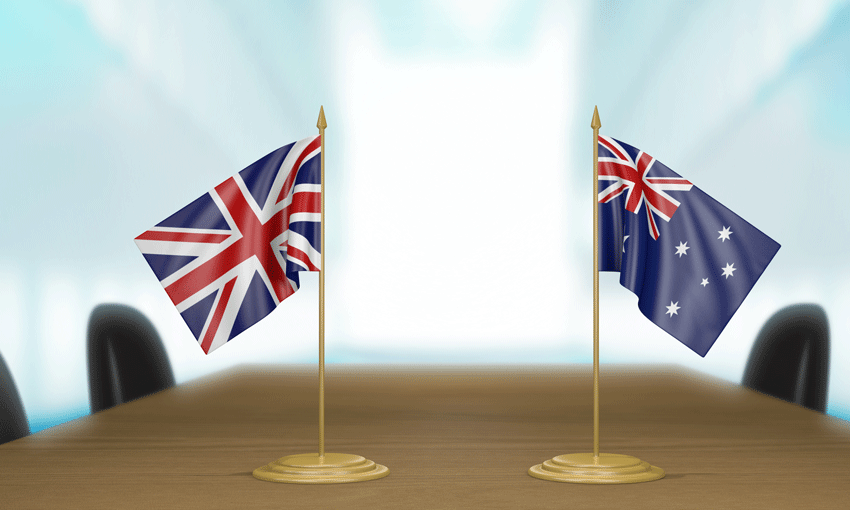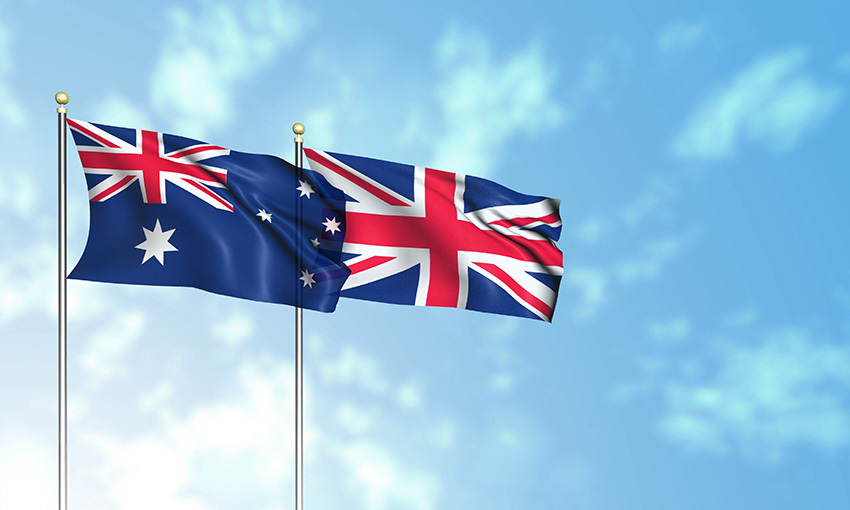IT has been a busy few weeks in the Australian Federal Parliament. The Joint Standing Committee on Treaties (JSCOT) in parliament issued its reports into proposed treaty action for the free-trade agreement between Australia and the United Kingdom of Great Britain and Northern Ireland (AUKFTA) on 16 November 2022 and for proposed treaty action for the Australia-India Economic Co-operation and Trade Agreement (AI-CETA) on 18 November 2022.
The AI-CETA is not a comprehensive agreement as is the AUKFTA and is widely described as an “early harvest” agreement on non-contentious issues ahead of completing negotiations on a more comprehensive agreement with India in 2023.
The background to the JSCOT reports
In our parliamentary process, new or revised free-trade agreements are considered “treaties”. While there is no parliamentary vote on the FTA itself, they are reviewed by JSCOT, which then makes a recommendation on whether “binding treaty action” should be taken. There can also be other recommendations or reservations expressed by JSCOT.
On the basis that binding treaty action is recommended without significant reservation then our normal practice is to pass any required enabling legislation which, in most cases, will be amendments to the Customs Act 1901 (to incorporate procedural practices for the claim of preference under the FTA) and to the Customs Tariff Act 1995 (to include new Tariff Schedules in accordance with the reduced rates negotiated for “originating goods” under the FTA). There may also be new regulations under the Customs (International Obligations) Regulation 2015 or other instruments created.
Once all that legislation has passed through parliament and the regulations duly created, then Australia can issue a “diplomatic note” confirming that all necessary Australian ratification steps have been taken.
Once the other party (or parties) to the relevant FTAs have gone through their domestic ratification process, a diplomatic note to that effect is sent to Australia. The FTAs normally commence 30 days after the exchange of diplomatic notes, although shorter terms can be agreed, usually to ensure that preferential rates for year 1 start before the end of the year and the preferential rates for year 2 can follow quickly at the beginning of the next year.
JSCOT’s reports on the AUKFTA and the AI-CETA
The normal convention is that JSCOT considers FTAs for a period of 20 parliamentary sitting days, during which it considers written submissions, and it may convene hearings with interested parties. However, in both cases, the minister for foreign affairs requested JSCOT to provide its reports within 13 Parliamentary sitting days.
In both cases, the recommendations of JSCOT were similar recommending binding treaty action to be taken, which will hopefully lead to passage of the Bills already introduced into Parliament to amend the Customs Act 1901 and the Customs Tariff Act 1995 for both the AUKFTA and the AI-CETA and completion of necessary amendments to regulations and creation of any other needed instruments.
Both reports also included recommendations that the Australian government implement the recommendation of JSCOT Report 193: Strengthening the Trade Agreement and Treaty-Making Process in Australia. Those recommendations would include more (and earlier) disclosure and engagement on proposed FTA negotiations through JSCOT and the use of non-disclosure agreements with key stakeholders to allow for improved consultation in certain areas of trade agreement negotiation, in a manner like that adopted in the United States and by the European Union. There is certainly significant and regular engagement with stakeholders in the current Australian practice and I have been extensively involved in that engagement. However, even though that falls short of consideration of the whole of the draft texts of the FTAs as they are being negotiated, I do not feel that our process is compromised in any way. The other practical consideration is that stakeholders may not have the resources to consider ongoing drafts of the FTAs. Even so, some earlier engagement on technical issues with selected stakeholders under a “trusted adviser” model could be useful.
In both cases, JSCOT also recommended the adoption of a process in which independent modelling and analysis of an FTA is provided to JSCOT together with the National Interest Analysis to enhance assessment of the FTA and to increase public confidence in the benefits of FTAs and assist with assessment of the FTAs.
Enabling legislation has now passed through parliament
The bills amending the Customs Act 1901 and the Customs Tariff Act 1995 for both the AUKFTA and the AI-CETA passed through parliament on 22 November 2022 and those acts will come into effect on the day which is the latter of the day of Royal Assent and the day that notification is given that these FTAs have come into effect (requiring the UK and the India to also have completed their domestic ratification processes). However, the acts also provide that if the FTAs never come into effect, the acts will never come into effect.
Commencement dates?
The likely commencement dates have yet to be confirmed as we await confirmation from the UK and India respectively that they have completed their domestic ratification processes, all parties exchange their diplomatic notes and agree on a commencement date which may be less than 30 days after the Notes are exchanged. During this time, Australia will also complete any necessary amendments to regulations and ensure that all relevant information is loaded into the Integrated Cargo System (ICS) by the Australian Border Force to enable use of the FTAs.
The current sense is that both agreements will commence on 1 January 2023 which would mean another quiet New Year’s Eve for licensed customs brokers and freight forwarders to check that their revised software is updated and working! No doubt that industry software for use in conjunction with the ICS will also be ready for use.
I am looking forward to working with industry to provide education on the “customs procedures” provisions of the AUKFTA and the AI-CETA so that licensed customs brokers and freight forwarders for Australian importers and exporters are ready to take advantage of the AUKFTA and the AI-CETA as soon as they are “open for business”.
This article has been updated to reflect that the relevant bills have been passed by parliament.





